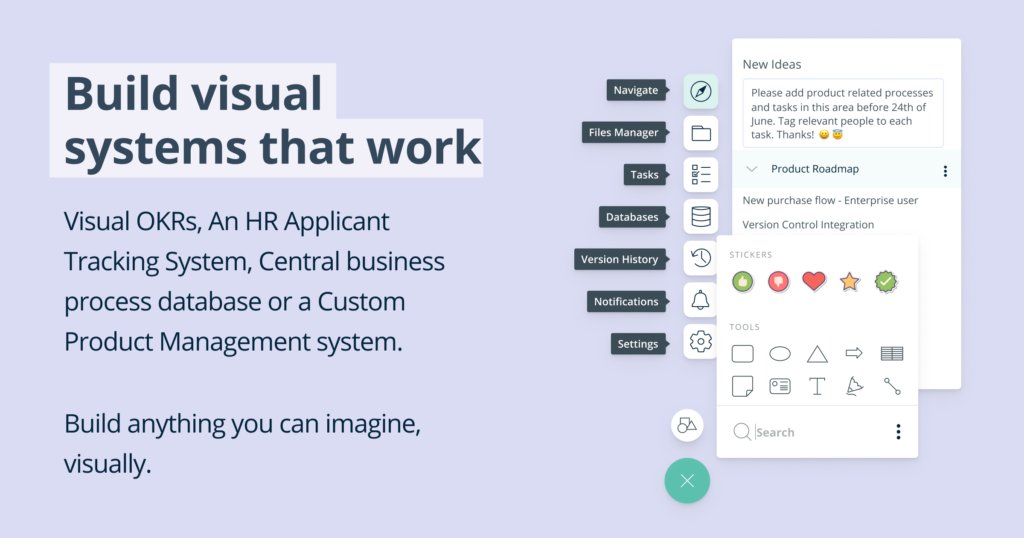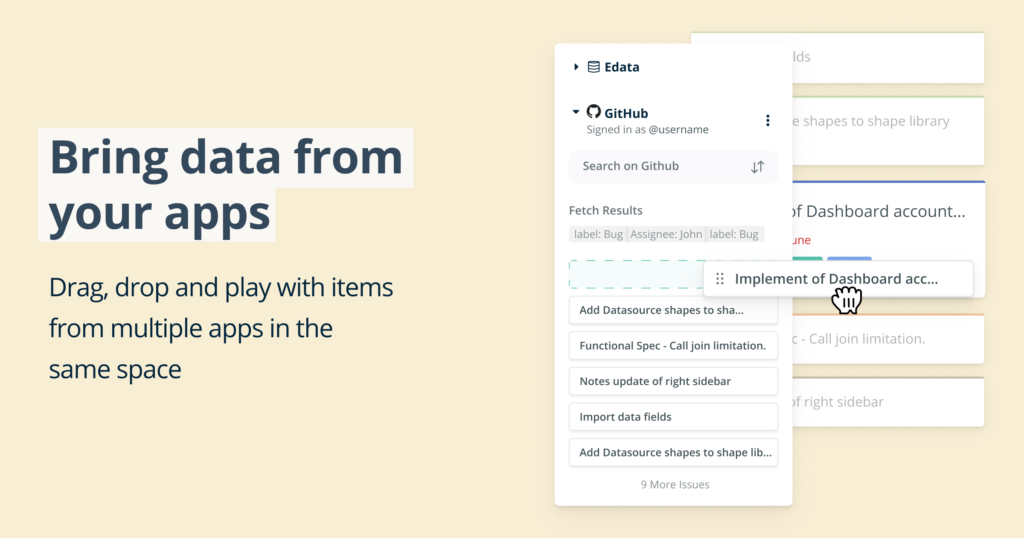IIBA CCBA® & CBAP ® – Which Business Analysis Certification should you do?
There are a few considerations when it comes to choosing whether you do the International Institute of Business Analysis (IIBA ®) Competent Certified Business Analyst TM (CCBA) or the IIBA ® Certified Business Analysis Professional TM CBAP ® certification. Some of these considerations are clear-cut and obvious and some of them are less obvious. This article will cover both these types of considerations to help you make an informed decision when it comes to choosing which Business Analyst Certification is most appropriate for you.
Firstly, read about the basic or official requirements for the IIBA CCBA ® certification below and then consider some of the other less obvious considerations listed below.
IIBA CCBA ® Business Analysis Certification Requirements – The Official Requirements
Before you can contemplate doing the IIBA CCBA ® Business Analysis Certification, you need to have at least 3750 hours of Business Analysis work experience.
What do the Business Analysis Experience hours really mean?
 This means that you must have 3750 hours (which is approximately 2.5 years) worth of work experience in Business Analysis tasks that is described in the Business Analysis Body of Knowledge (BABOK ® Guide). So you don’t have to be called a Business Analyst necessarily but you must be able to prove that you have the relevant Business Analysis experience in your background.
This means that you must have 3750 hours (which is approximately 2.5 years) worth of work experience in Business Analysis tasks that is described in the Business Analysis Body of Knowledge (BABOK ® Guide). So you don’t have to be called a Business Analyst necessarily but you must be able to prove that you have the relevant Business Analysis experience in your background.
Another aspect to the 3750 hours of Business Analysis work experience is that you must have gained the 3750 hours of work experience during the last 7 years.
And finally, there are some further detail around what types of Business Analysis work experience is required which means that a certain number of hours of Business Analysis experience must be from specific knowledge areas in the BABOK ® Guide. These requirements are:
A Minimum of 900 hours in two of the six knowledge areas in the BABOK ® Guide or 500 hours in four of the six knowledge areas in the BABOK Guide.
Once you determined whether you have enough Business Analysis work experience to qualify for the IIBA CCBA ® Business Analysis certification you should also check that you meet the other criteria which includes:
- Have 21 PD Hours (Professional Development hours gained via Endorsed Education Courses) during the last 4 years. You can obtain this by doing an online training course like this one: Business Analysis Practitioner Course.
- You must have a minimum high school education or equivalent
- Two references from a career manager, client or Certified Business Analysis Professional TM (CBAP ®) recipient.
- Signed Code of Conduct which you will receive this as part of the application process.
- Also refer to the official IIBA CCBA ® Handbook for details of the requirements.
IIBA CBAP ® Business Analysis Certification Requirements – The Official Requirements
We already documented these requirements for you in a previous article here. Have a quick look at the IIBA CBAP ® Business Analysis Certification requirements and then consider some of the questions below before choosing which way to go.
Less obvious Business Analysis Certification considerations
Question: What should you do if you have more than the required 3750 Business Analysis work experience required for the IIBA CCBA ® but less than the 7500 Business Analysis work experience required to do the IIBA CBAP ® Business Analysis Certification?
Answer: This is a common question and a good one to consider carefully. If your experience requirement is almost met for the CBAP Certification (let’s say you just need less than 1 year worth of Business Analysis work experience and you are confident that you will gain the correct Business Analysis experience to meet that requirement in less than 1 year, then the recommendation would be that you pursue the CBAP certification. However, if you require more than just 1 year of Business Analysis experience to gain before you meet the requirement, then the recommendation is that you do the IIBA CCBA certification as soon as possible.
 A general guideline to help you make this decision would also be that the sooner you can have an IIBA ® Professional Business Analysis certification against your name (regardless of whether it is the CCBA ® or CBAP ®) the sooner you will start reaping the benefits of what a certification can give you. Someone with a Business Analysis Certification is better placed in the job market these days than someone without one.
A general guideline to help you make this decision would also be that the sooner you can have an IIBA ® Professional Business Analysis certification against your name (regardless of whether it is the CCBA ® or CBAP ®) the sooner you will start reaping the benefits of what a certification can give you. Someone with a Business Analysis Certification is better placed in the job market these days than someone without one.
Keep in mind that every individual’s circumstances are unique and this may also impact your reasons for choosing a particular IIBA Business Analysis Certification.
Question: Should you first do the IIBA CCBA ® or the IIBA CBAP ® Business Analysis Certification?
Answer: You don’t have to do the IIBA CCBA ® Business Analysis Certification before you do the IIBA CBAP ® Business Analysis Certification. It all depends about where you are at in your Business Analysis career and which IIBA ® Business Analysis Certification you qualify for. A recommendation is that once you have completed the IIBA CCBA ® Business Analysis Certification that you may want to consider doing the IIBA CBAP ® Business Analysis Certification when you have the necessary experience.
In Conclusion
So as you can see there are a few special considerations to take into account when you choose which IIBA ® Business Analysis Certification you want to pursue. Make sure you are informed and then choose the Business Analysis Certification that best suits your experience and professional Business Analysis development goals. Good luck!




